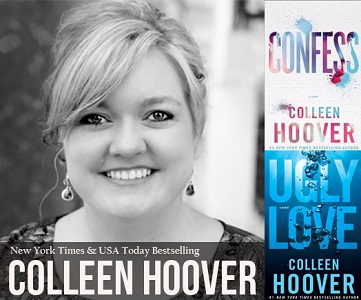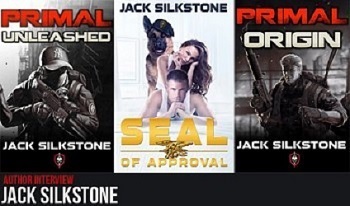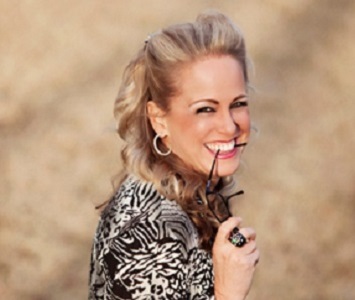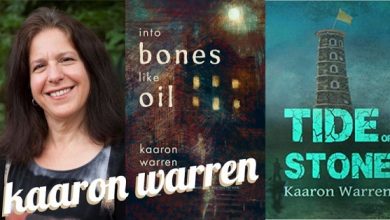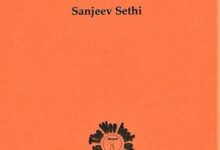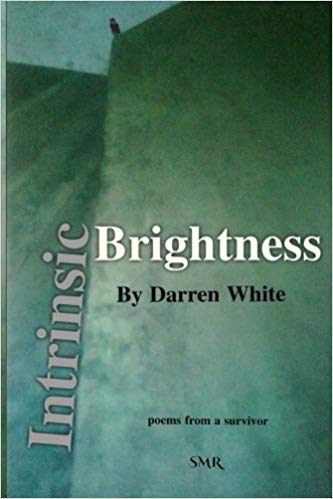Interview with IPPY and NIEA Award winning author, K.M. Weiland
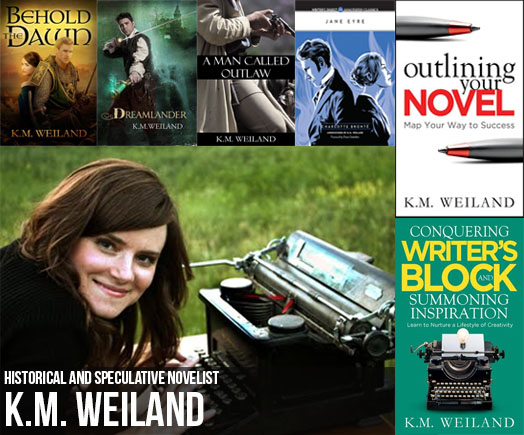 Welcome back to another Feature Guest Interview. This time we had the pleasure of having a more intimate conversation with K.M. Weiland. She has won the IPPY and NIEA Awards for her international Amazon best-sellers Outlining Your Novel, Structuring Your Novel, and Jane Eyre: The Writer’s Digest Annotated Classic. Weiland writes historical and speculative fiction, as well as mentoring authors in her award-wining website, www.helpingwritersbecomeauthors.com
Welcome back to another Feature Guest Interview. This time we had the pleasure of having a more intimate conversation with K.M. Weiland. She has won the IPPY and NIEA Awards for her international Amazon best-sellers Outlining Your Novel, Structuring Your Novel, and Jane Eyre: The Writer’s Digest Annotated Classic. Weiland writes historical and speculative fiction, as well as mentoring authors in her award-wining website, www.helpingwritersbecomeauthors.com
If you’d like to catch Weiland in action, check out her YouTube channel. Her short videos give snippets of advice and suggestions to further motivate and mentor any writer who wants the help. So please kick back, read, watch, listen and enjoy our lovely interview with K.M.!
Why do you write?
KMW: Stories are like breathing. Life without a story in my head is one-dimensional, stagnant, vapid. I love the life God has given me, but I think I love it better because I’m able to live out so many other lives on the page. I’m more content to be who I am because I’m not trapped in that identity. When I sit down at my computer and put my fingers on the keys, I can be anyone or anything, at any time in history. I write because it’s freedom.
When did you decide to become a writer, and what sparked the decision?
KMW: It wasn’t so much a decision. It just happened—which is how I think the right things in life usually happen. I grew up horse crazy, spent part of every summer working on a friend’s cattle ranch in Wyoming, and thought I’d end up being a horse trainer. But somewhere in high school, I realized I was having more fun staying inside and writing than I was going outside and riding. So after graduation, I sold the horses and started focusing on writing as much as I could.
You spend a lot of time and energy mentoring new writers. What is the greatest reward you get from teaching aspiring authors the craft?
KMW: I think the reward is two-fold:
1) I’m learning right along with everyone I teach. My blog and my books are just an outgrowth of my own writing journey. Forcing myself to put my own thoughts and discoveries into a teachable format has been invaluable to me in strengthening my own conscious knowledge of writing.
2) I love helping people. It’s a joy to be able to reach out and touch others in the solitary lifestyles we pursue as writers. I’m humbled and honored that I’ve gotten to work with so many people. It always makes my day to hear that something I’ve written has helped another writer have a “light bulb” moment in their own writing.
What initially made you decide to teach the craft of writing?
KMW: Again, I kind of stumbled into it! I was just publishing my first novel and all the marketing gurus were telling writers we needed to have a blog if we were going to build a readership. Like so many other writers, the only thing I felt qualified to blog about was writing. I started chronicling my writing journey as effort sell fiction, and it ended up becoming an adventure all its own.
What is your writing routine?
KMW: I set aside two hours, five days a week, to write, usually between four and six p.m. I’m a firm believer in Peter de Vries claim: “I write when I’m inspired, and I see to it that I’m inspired at nine o’clock every morning.” I spend the first half hour scribbling ideas in a writing journal, reviewing character sketches and research notes, reading an article on the craft, and proofreading what I wrote the day before. Then I pick a soundtrack, say a prayer for guidance, and dive in.
Which of your fictional characters is your favorite? Why?
KMW: Oh, gosh, so hard! I actually just finished re-reading all my published novels—something I always do before publishing a new book (my next comes out this winter). It was so much fun to revisit them all. It’s really hard to choose a favorite, but I’m going to have to go with my old standby Marcus Annan, the battered, guilt-ridden knight in my Crusades novel Behold the Dawn. That book is still my baby and remains special to me in ways my later books can’t quite seem to match.
What are the most effective ways you have found to promote yourself and your work on social media?
KMW: It’s all about building an audience. In the beginning, I tried everything. If there was a social networking site, I was on it. Twitter and Facebook remain my big guns. They’re where I connect with the majority of my readers and pull in most of my traffic. I maintain a steady schedule of posts and tweets, and one of my favorite tools has been my Writing Question of the Day (#WQOTD), which allows me to actively interact with people every single day.
What major trends do you see for the future of publishing?
KMW: Definitely a continuing emphasis on independent publishing and e-books. I think we’re going to see more serialization, more big-name traditional authors going indie, and more big name indie authors going traditional—blurring the lines there even more. I think Amazon will remain the biggest shaker and mover for the foreseeable future, although it’s inevitable that its power will be broken eventually, so authors would be wise not to put all their eggs in that one basket.
In your experience, what is the biggest misconception new writers have about becoming a successful author? What advice would you give someone starting out?
KMW: One of the biggest misconceptions I run into is the idea that writing is all airy-fairy inspiration—and that hard-and-fast guidelines such as structure have no place in the process. Also, that there’s only one right way to write a book.
As for advice: Write for the love of it, first and foremost. As Anne Lamott says, “Being published isn’t all it’s cracked up to be. But writing is.” Write the stories of your heart, not the stories you think the market wants. Write the story you’d want to read if you were one of your own readers.
What are you reading now?
KMW: One of my own (unpublished) novels, Creativity, Inc. by Ed Catmull, How to Write Dazzling Dialogue by James Scott Bell, and The End of Our Exploring by Matthew Lee Anderson.
What books are you working on now? When will they be available?
Storming – genre: Dieselpunk – coming 2015
Wayfarer – genre: Historical Fantasy – coming 2018
For someone new to your books, what do you suggest they read first?
KMW: Regarding my writing how-to books, Outlining Your Novel is about brainstorming and organizing ideas. It covers broader story principles like discovering your characters and figuring out your plot.
Structuring Your Novel is about the nitty-gritty of story, scene, and sentence structure.
If you plan to read both eventually, I recommend starting with Outlining, since it’s more foundational and leads right into a discussion of story structure. But if you’re only going to read one, I recommend Structuring, since its principles are ultimately more crucial to successful storytelling.
Regarding my fiction, that’s really going to depend on your tastes, since I’m all over the board regarding genre. Here’s a graphic that helps people decide which story is right for them: Which Books To Read
How can we discover more about you and you work?
Author Website: www.KMWeiland.com
Helping Writers Website: www.HelpingWritersBecomeAuthors.com


